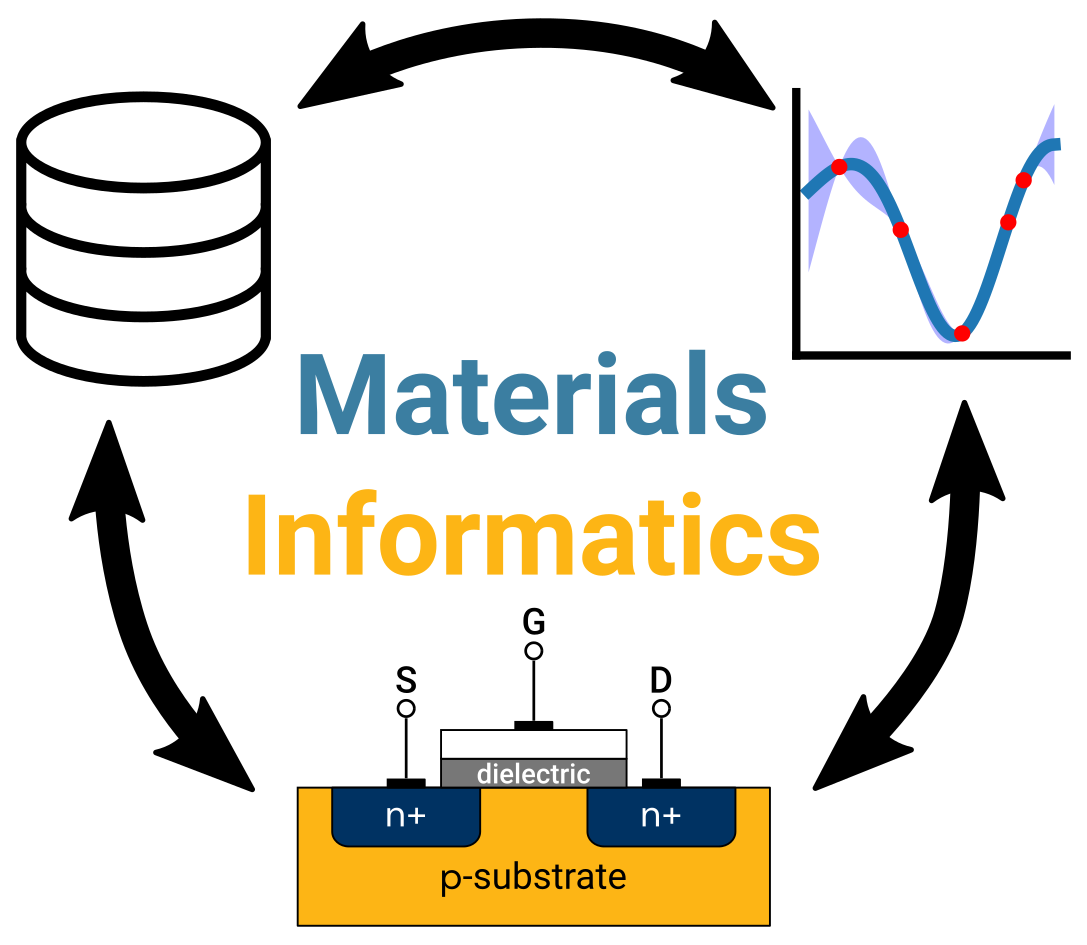Homework
Contents
Homework¶
Reading¶
We recommend revisiting the papers by Petousis et al. on the dielectric constants datatset [1] and by Robertson on high-\(\kappa\) oxides [2]. Even if you read a paper once before, it never hurts to do another pass! We hope that by doing so, you get a better sense of which properties should be the outputs and which might be good inputs.
Programming¶
We recommend reviewing the ML exercises from today, which covered quite a lot of information in a very short amount of time.
If you want to try applying your knowledge, see if you can build a vanilla linear model for your dielectric materials. Be sure to consider:
Is this a regression or classification problem?
What are the inputs and what are the output(s)?
Where will I get the data? Hint: you should already have them!
What tools will help me? Hint:
pandasandscikit-learn.
See the accompanying notebook for some guided exercises, if you would find that helpful.
References¶
- 1
Ioannis Petousis, David Mrdjenovich, Eric Ballouz, Miao Liu, Donald Winston, Wei Chen, Tanja Graf, Thomas D. Schladt, Kristin A. Persson, and Fritz B. Prinz. High-throughput screening of inorganic compounds for the discovery of novel dielectric and optical materials. Scientific Data, 4(1):160134, 2017. doi:10.1038/sdata.2016.134.
- 2
J. Robertson. High dielectric constant oxides. The European Physical Journal Applied Physics, 28(3):265–291, 2004. doi:10.1051/epjap:2004206.
